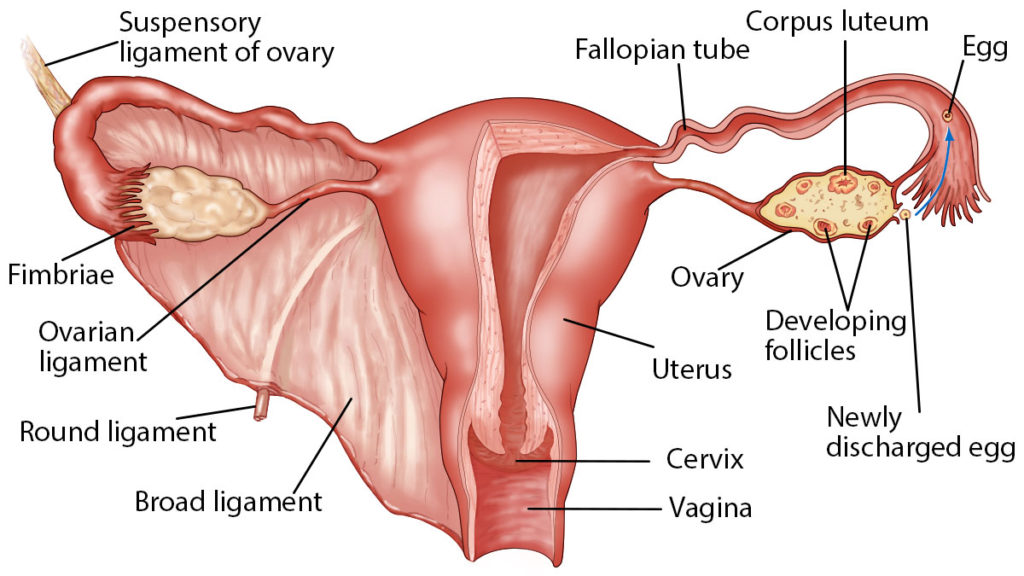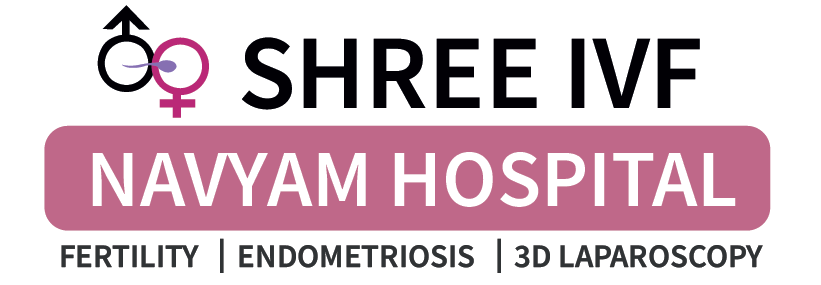
A follicular study is a series of ultrasound scans performed during a woman’s menstrual cycle to monitor the growth of ovarian follicles and determine the exact time of ovulation. This study is essential for improving the chances of conception, whether naturally or through assisted reproductive techniques like IUI or IVF. The procedure involves multiple scans, usually starting from day 9 to day 21, to track follicle development and measure endometrial thickness, which should ideally be 10mm or more for successful implantation. A mature follicle, ready for ovulation, typically measures between 18-25mm. Follicular monitoring helps in timing intercourse, optimizing fertility treatments, and detecting ovulation-related issues, especially in women with irregular cycles or conditions like PCOD. It also assists doctors in adjusting fertility medications based on the body’s response. While the study does not guarantee pregnancy, it plays a crucial role in enhancing conception chances and diagnosing potential reproductive concerns. 🌸
🩺 Follicular Study: A Key Step in Fertility Treatment
Follicular study is a series of ultrasound scans performed during a woman’s menstrual cycle to track the growth and development of ovarian follicles. It helps determine the exact time of ovulation, increasing the chances of conception. This monitoring plays a crucial role in fertility treatments like IUI and IVF, ensuring optimal timing for egg retrieval or insemination.
✅ Why Is Follicular Monitoring Important?
- Tracks Ovulation:
- Identifies the exact time of ovulation, helping couples time intercourse for better pregnancy chances.
- Monitors Response to Fertility Treatments:
- Checks if the ovaries are responding to medications used for stimulating ovulation.
- Detects Ovulation Issues:
- Diagnoses irregular ovulation, common in conditions like PCOD or hormonal imbalances.
- Optimizes Assisted Reproductive Techniques:
- Ensures egg retrieval or insemination happens at the ideal time in IVF or IUI procedures.
- Adjusts Medication Dosage:
- If hormonal levels or follicle growth are inadequate, the doctor may modify the medication dosage for better results.
🔍 When Is Follicular Monitoring Necessary?
Follicular monitoring is recommended in the following cases:
- Women under 35 who have been trying to conceive for over a year without success.
- Women over 35 who have been unable to get pregnant for six months.
- Irregular cycles or PCOD cases where ovulation is unpredictable.
- Fertility treatments like IUI, IVF, or when using ovulation-inducing drugs.
- Women who have experienced recurrent miscarriages or unexplained infertility.
💉 How Does Follicular Tracking Work?
- Ultrasound Scans:
- Multiple transvaginal ultrasounds are conducted between day 9 and day 21 of the menstrual cycle.
- Each scan takes 5-10 minutes.
- Follicle Growth Observation:
- The doctor tracks the size of the dominant follicle.
- A mature follicle is usually 18-25mm in diameter before ovulation.
- Endometrial Thickness:
- The thickness of the uterine lining (endometrium) is checked.
- A thickness of 10mm or more is considered ideal for implantation.
- Timing Guidance:
- Once ovulation is detected, couples are advised to have intercourse or proceed with IUI/IVF.
🩻 Benefits of Follicular Study
- Pinpoints Ovulation Timing:
- Accurately identifies the fertile window, boosting pregnancy chances.
- Detects Ovulation Issues:
- Identifies follicles that fail to mature, rupture, or release eggs.
- Monitors Endometrial Quality:
- Ensures the uterine lining is thick enough for implantation.
- Guides Fertility Treatments:
- Helps doctors make precise adjustments in medication or timing.
🚫 Limitations of Follicular Monitoring
- No guarantee of fertilization:
- Tracking ovulation does not ensure that the egg will be fertilized or successfully implant.
- Emotional strain:
- Repeated scans can be emotionally taxing, especially for couples struggling with infertility.
- Stress on marital relationships:
- Knowing the exact ovulation time may create pressure, reducing sexual spontaneity.
⏱️ Duration of Follicular Study
- Each scan takes around 10-15 minutes.
- A complete monitoring cycle requires 4-6 scans.
- The initial scan (baseline scan) assesses the follicles’ initial stage.
- Subsequent scans track follicle growth and endometrial thickness.
🌟 Success Rate & Expectations
- The success rate of follicular study alone is around 10%.
- However, it significantly improves the effectiveness of fertility treatments by optimizing timing.
- It also helps couples understand their natural ovulation patterns, aiding in future conception attempts.
✅ Key Takeaway:
Follicular study is a vital tool in fertility treatments, helping monitor ovulation and improving the chances of conception. While it cannot guarantee pregnancy, it plays a key role in timing intercourse, IUI, or IVF effectively.


